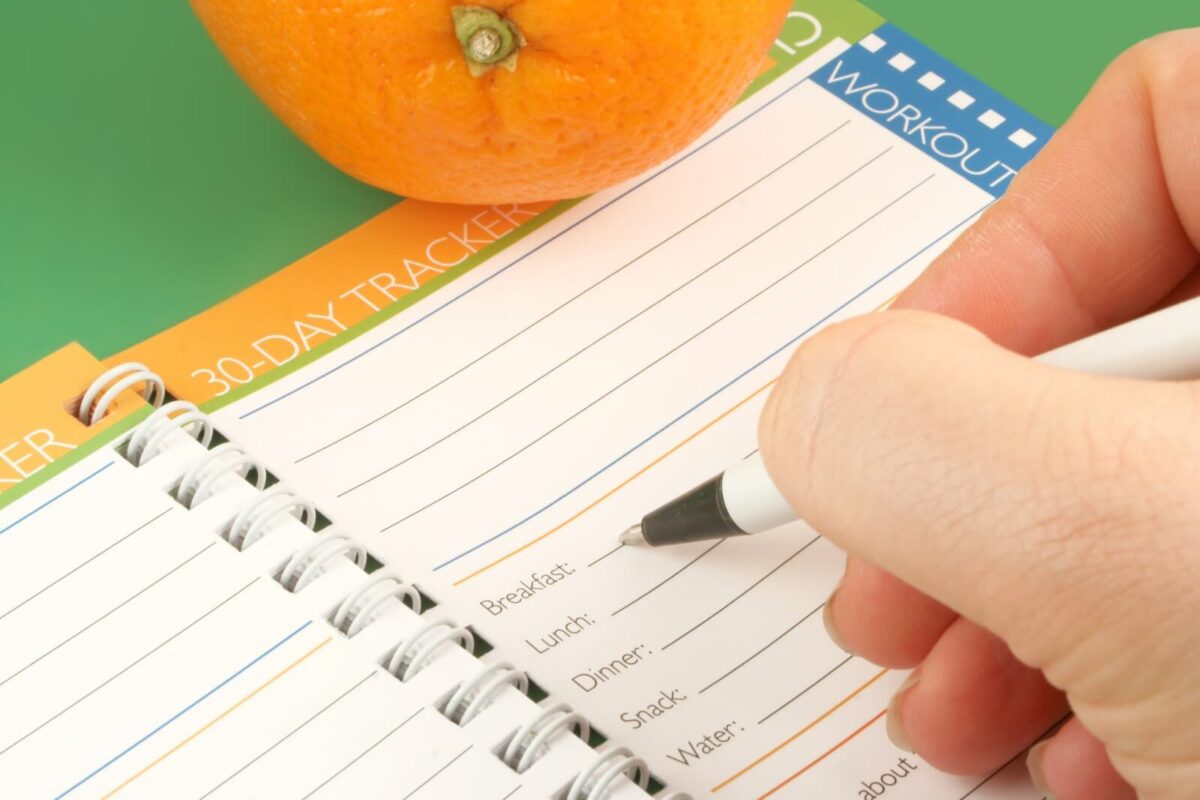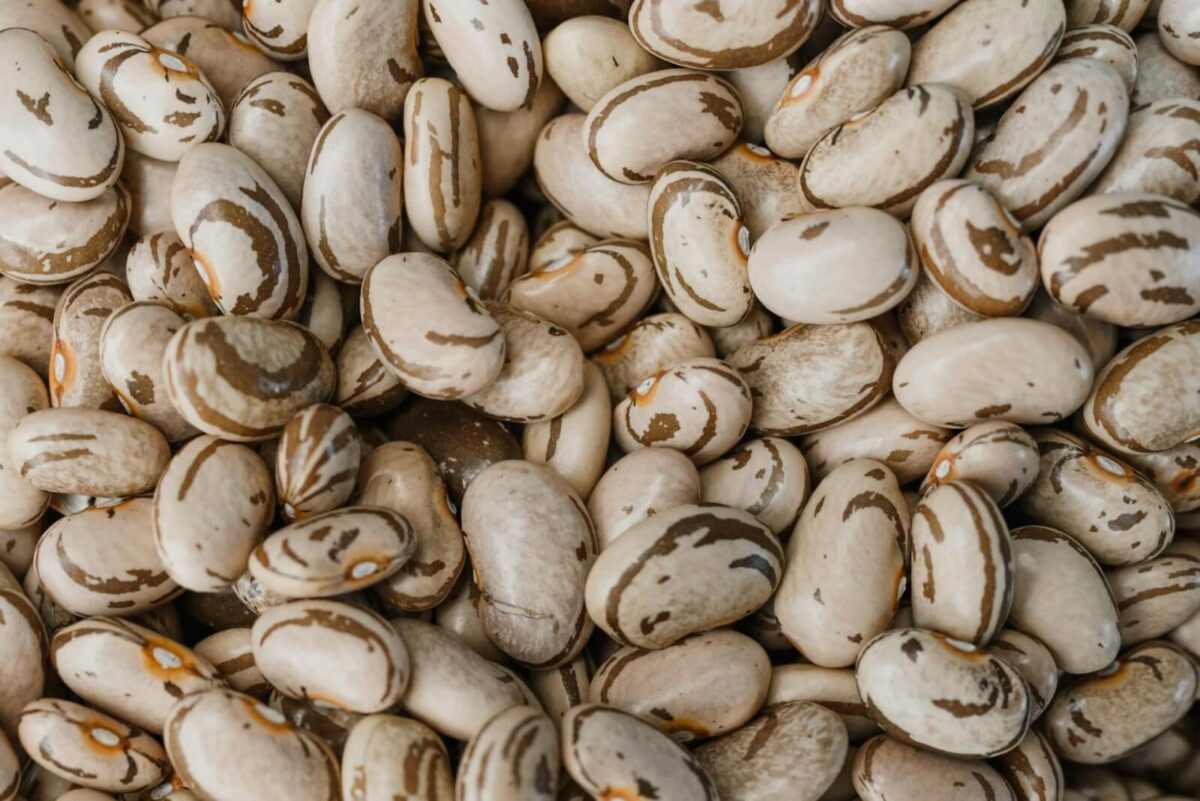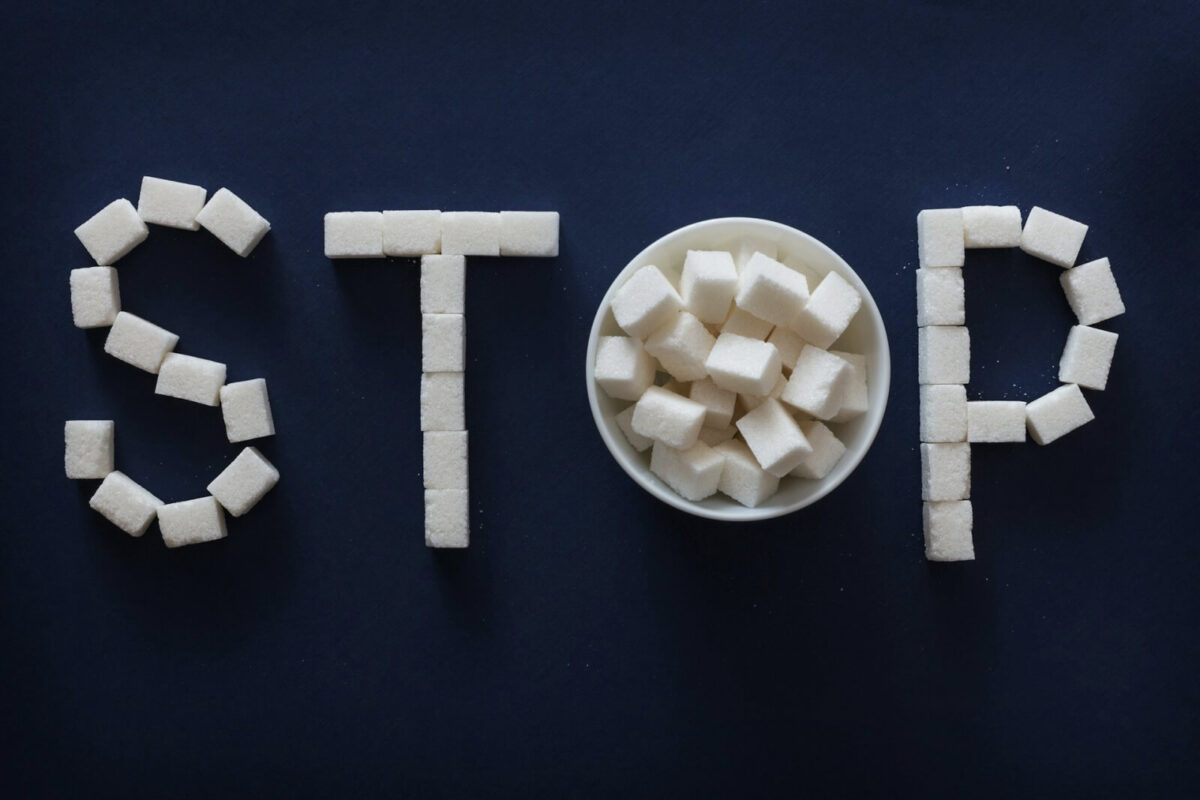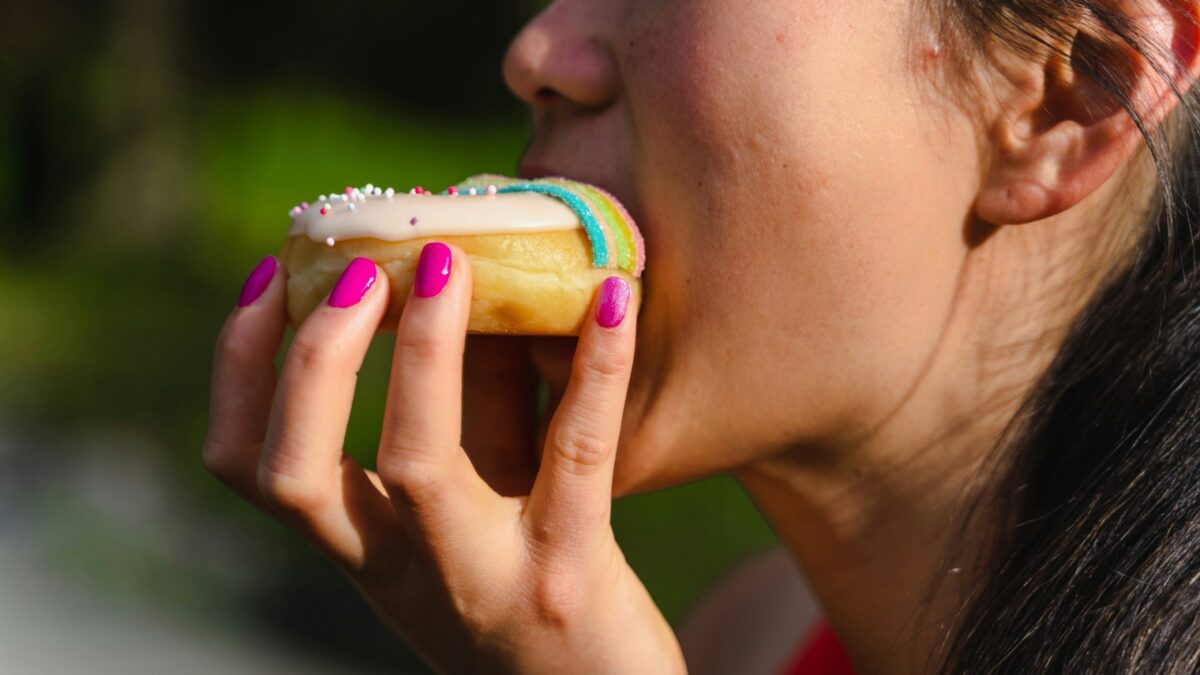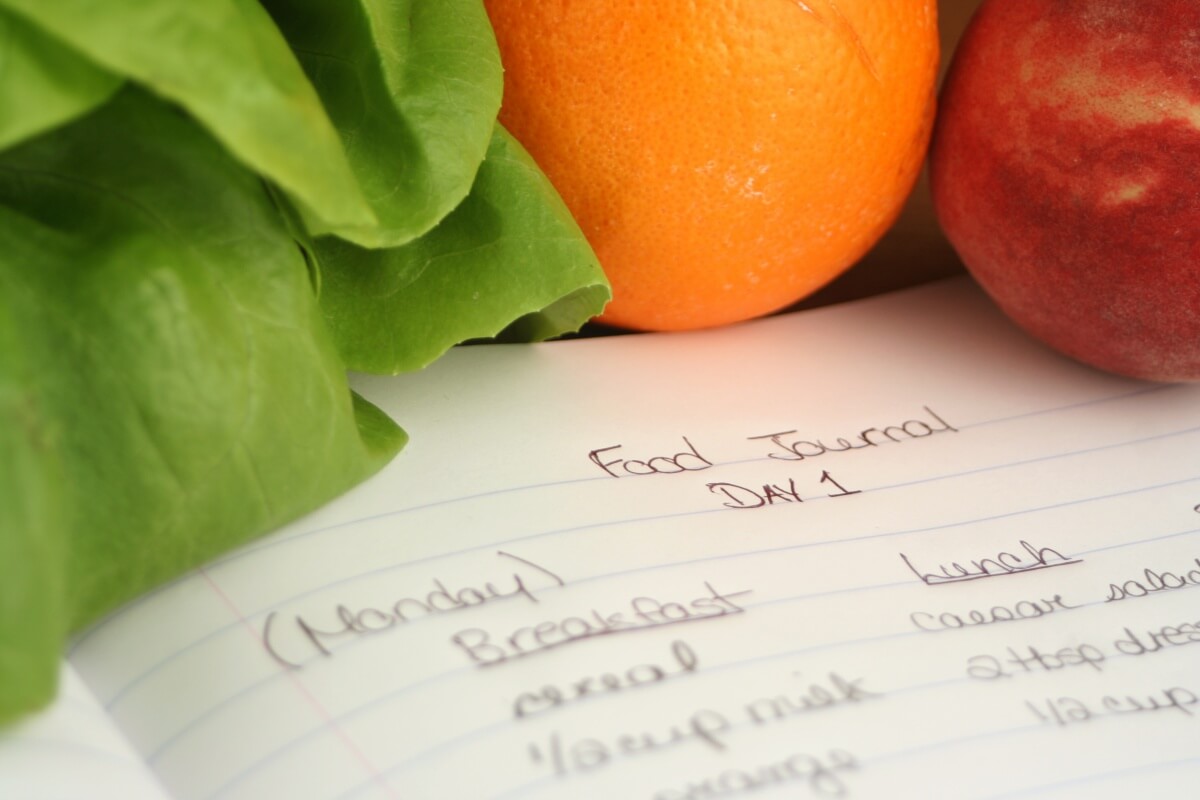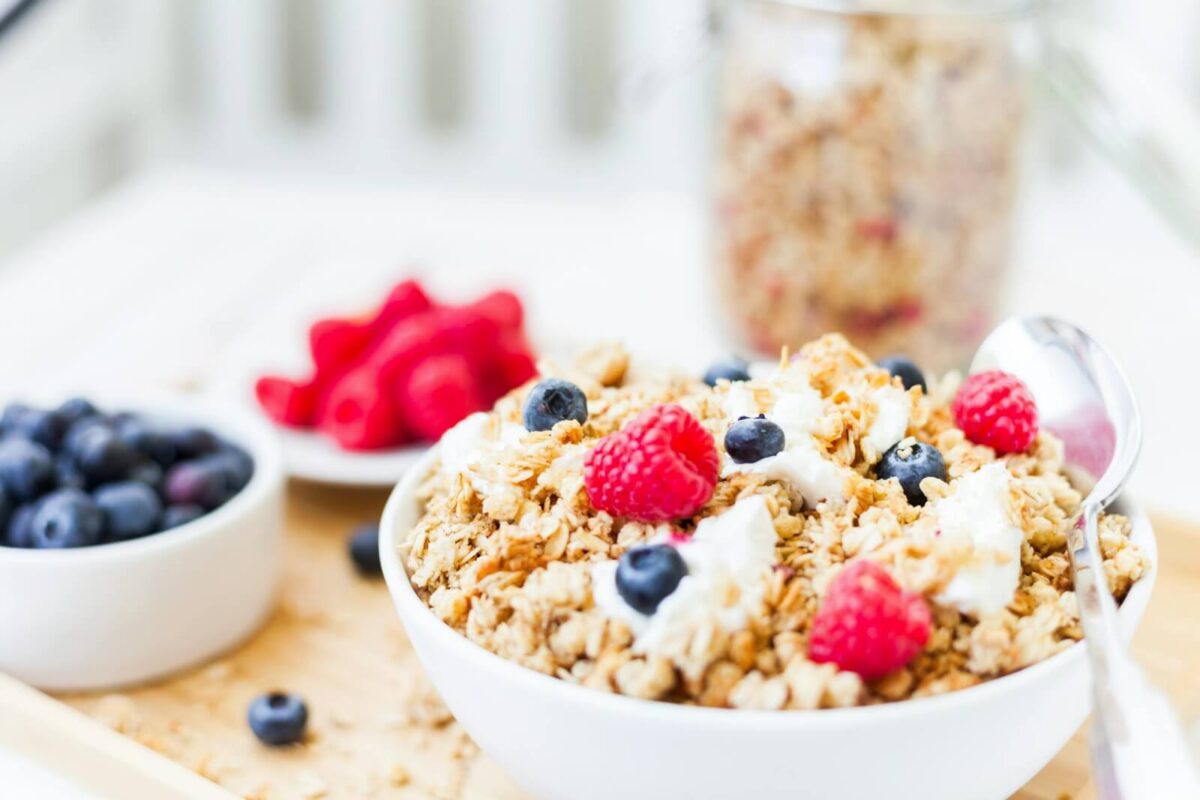If you’ve ever tried to lose weight, you’ve probably been told to “track what you eat.” But should you focus on counting every calorie, or is keeping a food journal more effective?
The answer might surprise you.
And it’s not what most apps and fitness influencers are pushing these days.
At Lifelong Metabolic Center, we’ve guided thousands of patients through successful weight loss journeys, and we’ve learned that the right tracking method can make or break your progress.
Let’s break down the differences between food journaling and calorie counting, and why one approach consistently delivers better long-term results.
What’s the Difference Between Food Journaling and Calorie Counting?
Calorie counting focuses on the numbers—tracking exactly how many calories you consume each day to stay within a specific target range.
Food journaling is about recording what you eat, when you eat it, and often how you’re feeling when you make food choices. It’s less about math and more about patterns and awareness.
Both methods involve writing down what you eat, but they serve very different purposes in your weight loss journey.
The Calorie Counting Trap
Calorie counting seems logical, right?
Calories in, calories out.
Eat less than you burn, lose weight.
But here’s what we’ve learned from working with patients for over 10 years: calorie counting often misses the bigger picture.
Why Counting Calories Falls Short
When you’re obsessed with hitting a specific number, you might:
- Choose 100 calories of processed snacks over 150 calories of nutrient-dense whole foods
- Ignore hunger and fullness cues in favor of staying within your calorie limit
- Feel defeated when you go “over” your limit, leading to an all-or-nothing mentality
- Miss important patterns about when, why, and what triggers your eating
Most importantly, calorie counting doesn’t teach you sustainable habits.
Once you stop tracking every calorie, many people return to old eating patterns because they never addressed the underlying behaviors.
The Benefits of Food Journaling
Food journaling takes a completely different approach. Instead of focusing on numbers, it helps you understand your relationship with food.
When our patients keep detailed food journals, we can spot patterns that calorie counting would never reveal:
What Food Journaling Shows Us
- Compliance gaps: Sometimes patients think they’re following the program perfectly, but the journal reveals they missed a key instruction or approved foods list
- Emotional eating triggers: Stress, boredom, or specific situations that lead to food choices
- Timing patterns: Whether you’re eating enough throughout the day or restricting too much early on
- Hidden obstacles: Foods or habits that are stalling progress without you realizing it
One of our patients was frustrated because she wasn’t losing weight despite “following everything perfectly.” Her food journal revealed she was accidentally choosing foods that weren’t on the approved list—a simple fix that got her back on track immediately.
How We Use Food Journals at Lifelong Metabolic Center
When our patients aren’t seeing the expected half-pound daily weight loss during active phases, the first thing we do is ask to see their food journal.
Here’s our systematic approach:
Step 1: Check Compliance
We review the journal to see if they’re truly following the program.
Often, patients miss a rule in their materials or think they’re being compliant when small adjustments are needed.
Step 2: Identify Patterns
If compliance looks good, we look for other factors:
- Are they eating enough food? (Sometimes people need more, not less)
- Are they eating the right foods for their body?
- Are they over-exercising?
- Did they miss supplements?
Step 3: Address Emotional Factors
Food journals often reveal emotional eating patterns.
When someone writes “had a donut because I was sad,” we can work on healthier coping mechanisms rather than just telling them to eat fewer calories.
The Daily Accountability Difference
Unlike apps that give you automated responses, our patients text their daily progress directly to Dr. Borre. This real-time feedback based on their food journal entries allows for immediate adjustments.
If someone reports feeling hungry, we don’t just say “stay within your calorie limit.” We have a specific list of solutions to try, and if none of those work, patients can text again for personalized guidance.
This level of support is why we see a 90% success rate with patients completing their initial three phases and maintaining their results long-term.
When Calorie Counting Might Make Sense
Calorie counting isn’t always wrong—it just serves a different purpose.
It might be helpful if you:
- Are in a maintenance phase and want to ensure you’re not overeating
- Have no awareness of portion sizes and need to learn what appropriate amounts look like
- Are working with a professional who can help you interpret the data properly
But even then, we recommend combining calorie awareness with the deeper insights that come from food journaling.
Building Awareness Without Obsession
The goal isn’t to track food forever.
Food journaling can:
- Teach you to recognize your hunger and fullness cues
- Help you identify patterns and emotional eating triggers
- Give you a better understanding of which foods make you feel your best
- Show you how to foster a deeper connection between your body and food
- Help you develop mindful eating habits that don’t require constant monitoring
Many of our patients find that after completing our program, they naturally make better choices because they’ve developed true awareness of their patterns and needs.
Making Food Journaling Work for You
If you decide to try food journaling, here are 4 helpful tips:
1. Be Specific and Honest
Write down exactly what you ate, how much, and when. Include details about your mood, stress level, or circumstances.
2. Look for Patterns, Not Perfection
The goal is learning, not achieving a perfect food day. Notice trends over time rather than judging individual entries.
3. Focus on How Foods Make You Feel
Note energy levels, hunger, satisfaction, and any physical symptoms. This information is just as valuable as what you ate.
4. Get Professional Guidance
Working with someone who knows how to interpret your journal entries can accelerate your progress and help you spot patterns you might miss.
The Bottom Line
While calorie counting focuses on restriction and numbers, food journaling builds awareness and healthier eating habits.
At Lifelong Metabolic Center, we’ve seen thousands of patients achieve lasting weight loss by understanding their eating patterns rather than just restricting calories. Our approach goes beyond the scale to help you develop a healthy, empowered relationship with food.
Want to learn how personalized food journaling can transform your weight loss journey? Our patients work directly with Dr. Borre through daily text accountability, DNA-based customization, and proven strategies that address both the physical and emotional aspects of lasting weight loss.
Your breakthrough might be closer than you think. Let’s talk about how we can help you succeed—not just for a few weeks, but for life.


